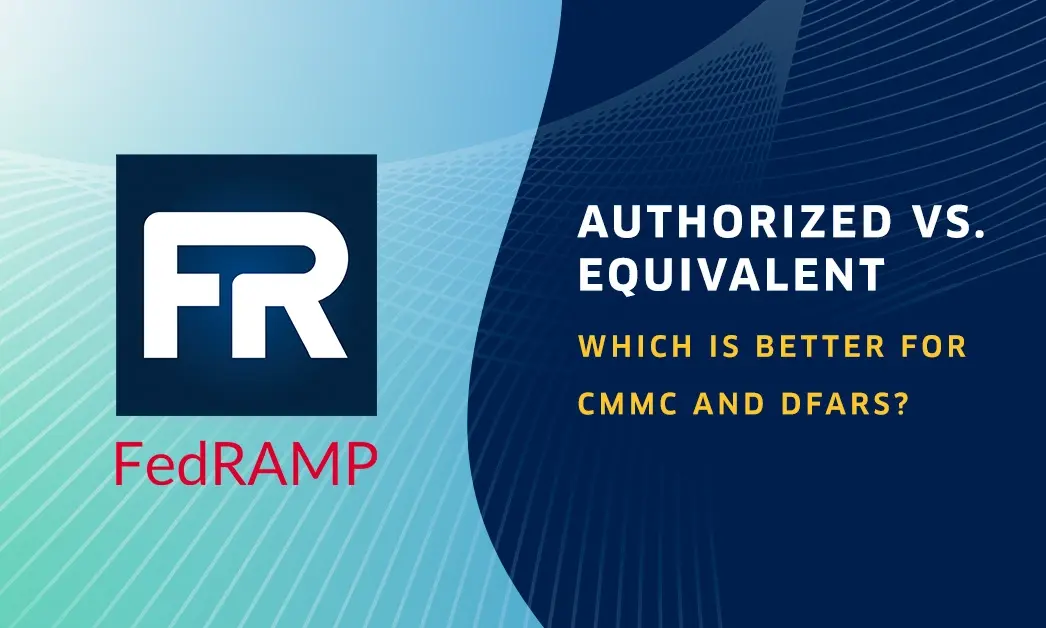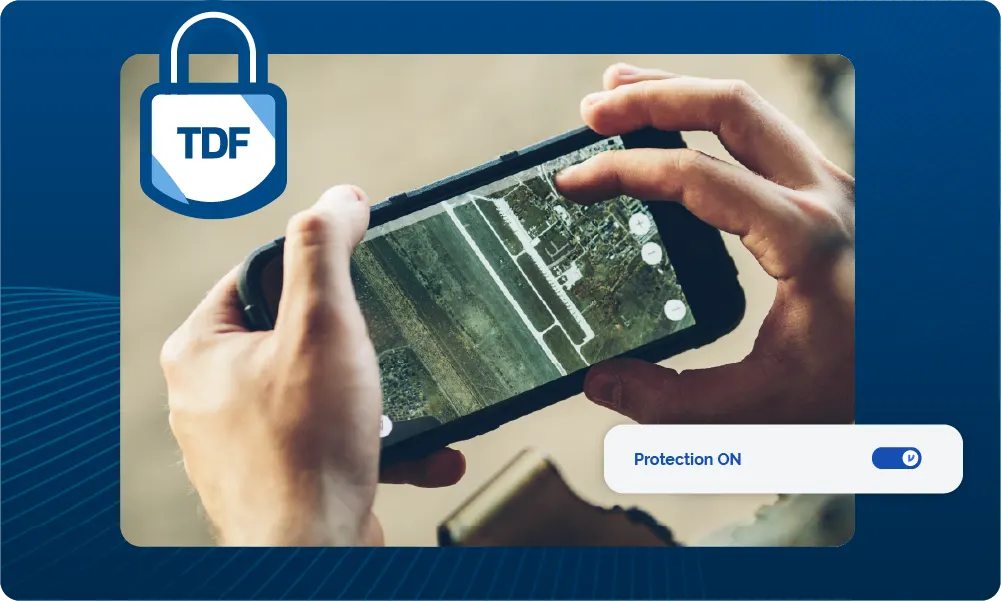TABLE OF CONTENTS
See Virtru In Action
Sign Up for the Virtru Newsletter


Most people believe that if they keep their password private and don’t click suspicious links, their email is safe. The truth, unfortunately, is far less comforting. Hackers have an array of powerful tools to spy on your personal data. They can steal login information you leave behind on a public computer. They can use sophisticated programs to crack passwords. They can even intercept unencrypted emails as they travel from your computer to your recipient’s inbox.
Just thinking that you’re secure isn’t enough — you need to take precautions against criminals trying to break into your inbox. Not sure what might threaten your inbox? Read our guide below on the three email security issues that you likely don’t even know you have.
Weak passwords are one of the most common email security issues. It’s not enough to avoid obvious passwords like “123456,” “football,” or “password” — using your pet’s name, plus some capitals and numbers, just won’t cut it.
If you’re using personal information to generate your password, like the names of family members, your birth date, or the name of your pet, then your password is ridiculously easy to crack. A secure password needs to be at least 12 characters long (though you should try to exceed that number) and it should consist of upper and lowercase letters. (We prefer to use the CorrectHorseBatteryStaple method.)
Multi-factor authentication will make your account even more secure by requiring multiple pieces of information to log in. For example, Google’s 2-Step Verification texts you a 4-digit pin when you want to login. Even if a hacker can guess your password, they won’t be able to access your account without your cell phone.
There’s nothing inherently wrong with sending sensitive data through email – as long as it’s encrypted. Unfortunately, your account probably isn’t as well-protected as you think it is, and that can cause serious email security issues.
Have you ever ordered something you wouldn’t want everyone to know about, or logged into a site that you’d like to keep private? That info has probably gone through your email. Add in travel reservations, doctor’s appointment confirmations, receipts, bank account info, and personal messages, and there’s enough information to seriously derail your life, if it falls into the wrong hands.
If you want that information to secure, it has to be encrypted. If it isn’t — even if you have the strongest password in the world — that data is still vulnerable.
Many webmail programs, such as Gmail, have native encryption. Unfortunately, it can still become unencrypted email on its way to the recipient, making it vulnerable to hackers.
When you send a Gmail message, it goes to a Google server as an encrypted message — however, security issues can crop up when it jumps to your recipient’s server. If that server doesn’t support encryption, Google will send an unencrypted message, which can be read by anyone. Depending on the recipient’s email server, your message might also be exposed when it travels to your recipient’s computer.
You can’t just rely on the default encryption used by your email client to protect you — you must verify that your email encryption is data-centric, meaning that your message is encrypted from the time you send it to the time it arrives.
Good security practices can decrease the risk of having your email compromised, but they can’t eliminate it. To do that, you need a client-side encryption solution, which ensures your email is secure from the time you send it to the time it arrives at its destination. Virtru is designed to be the easiest way to encrypt email and solve your email security issues — there’s no need to exchange keys, or to use complex programs that take hours to setup. Once the Virtru plugin is installed, your email is encrypted with the flip of a switch — it’s that simple.

The editorial team consists of Virtru brand experts, content editors, and vetted field authorities. We ensure quality, accuracy, and integrity through robust editorial oversight, review, and optimization of content from trusted sources, including use of generative AI tools.
View more posts by Editorial Team










Contact us to learn more about our partnership opportunities.